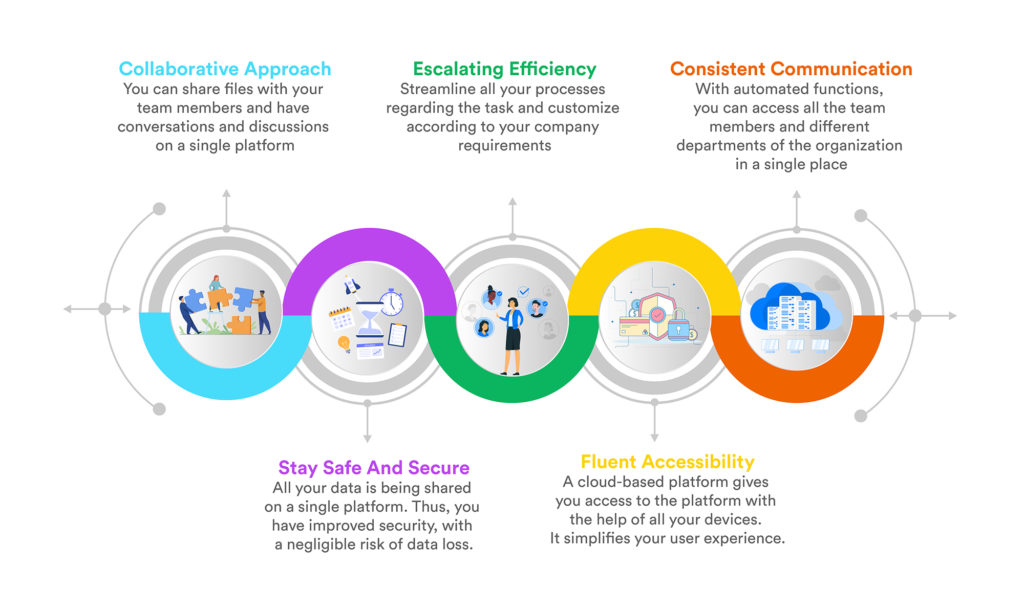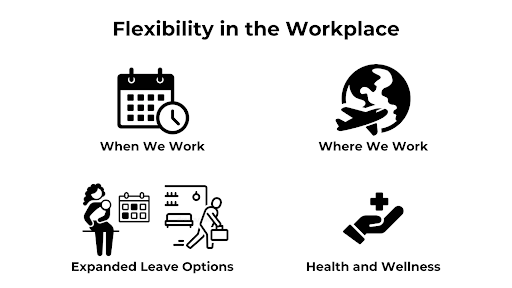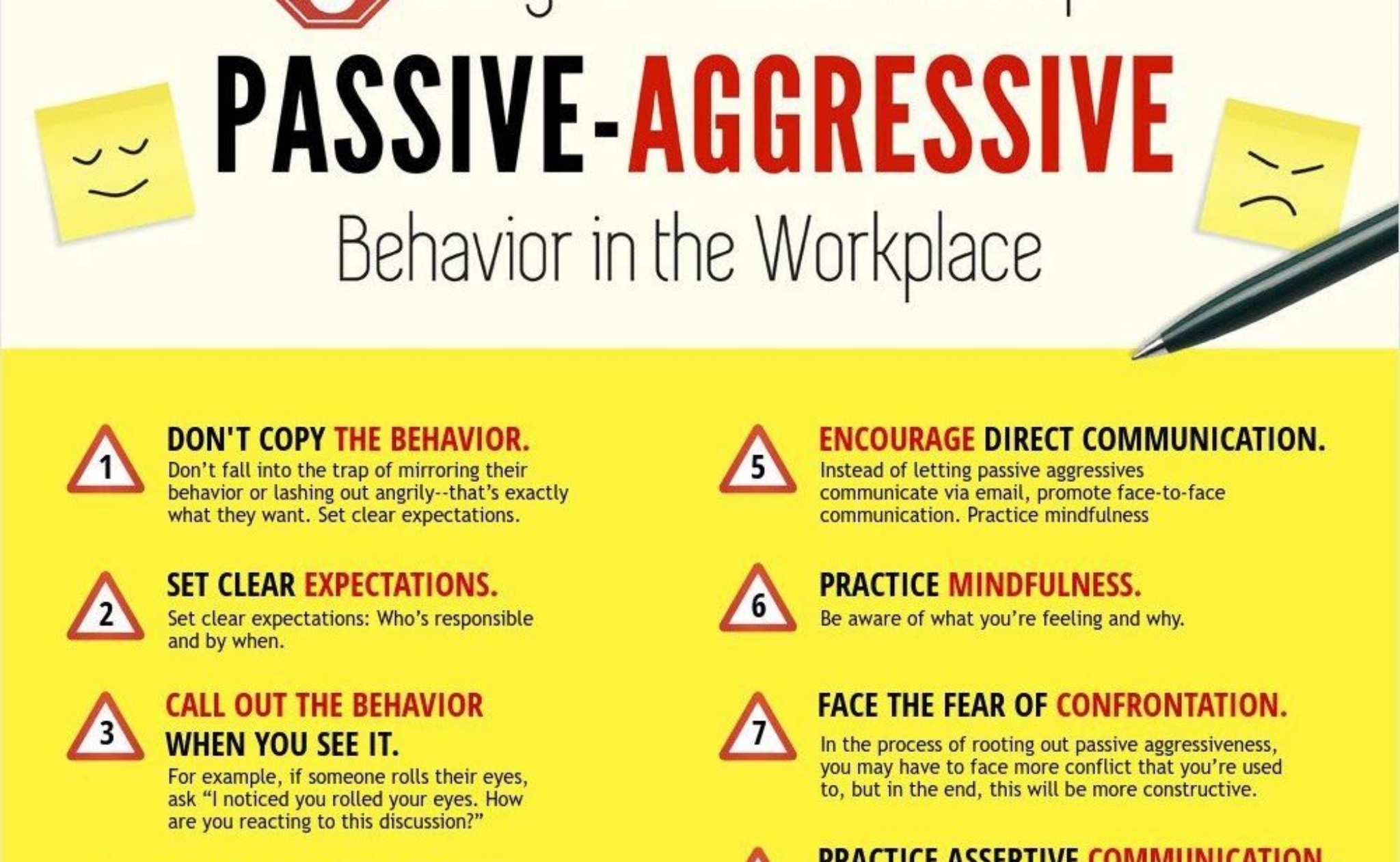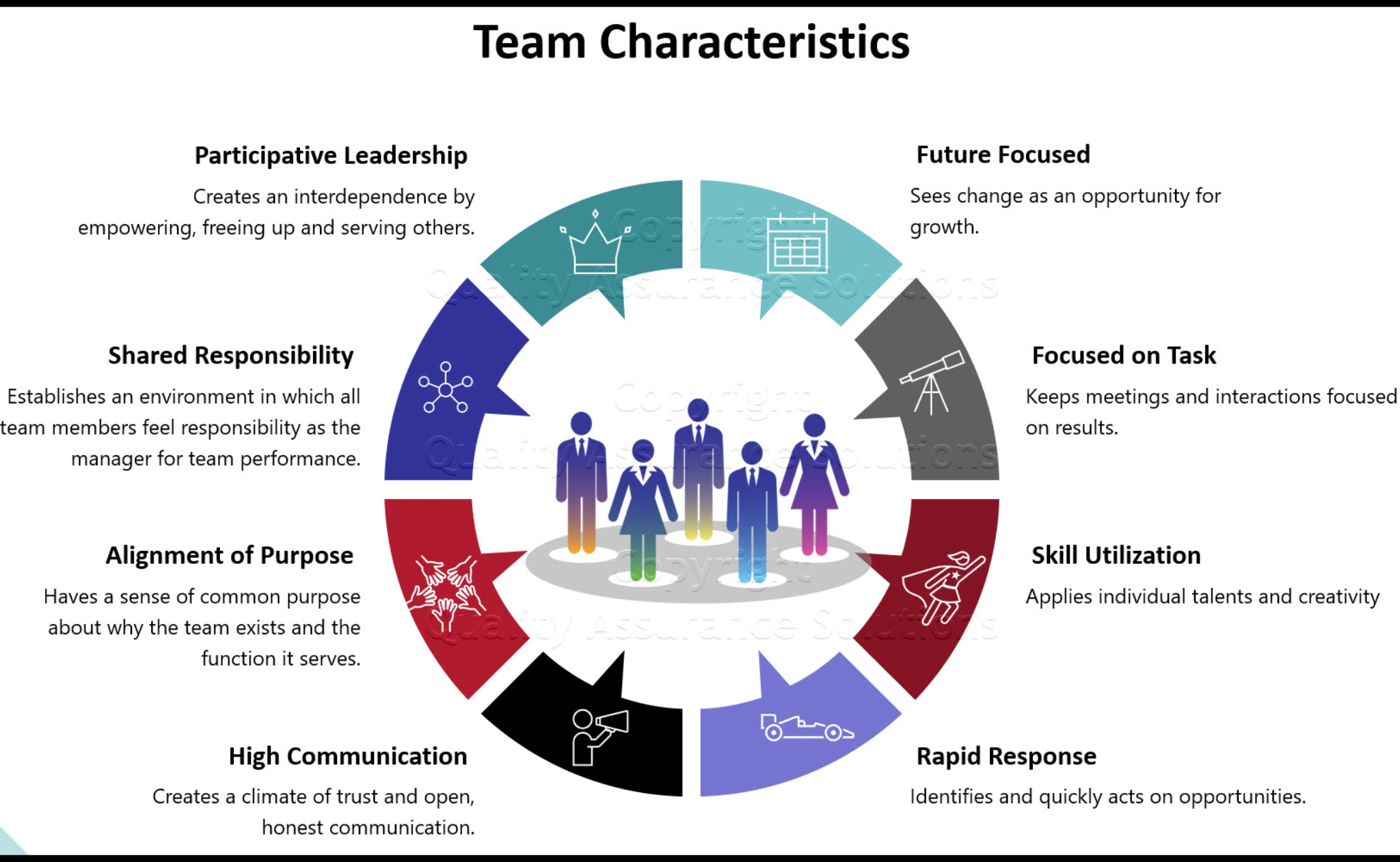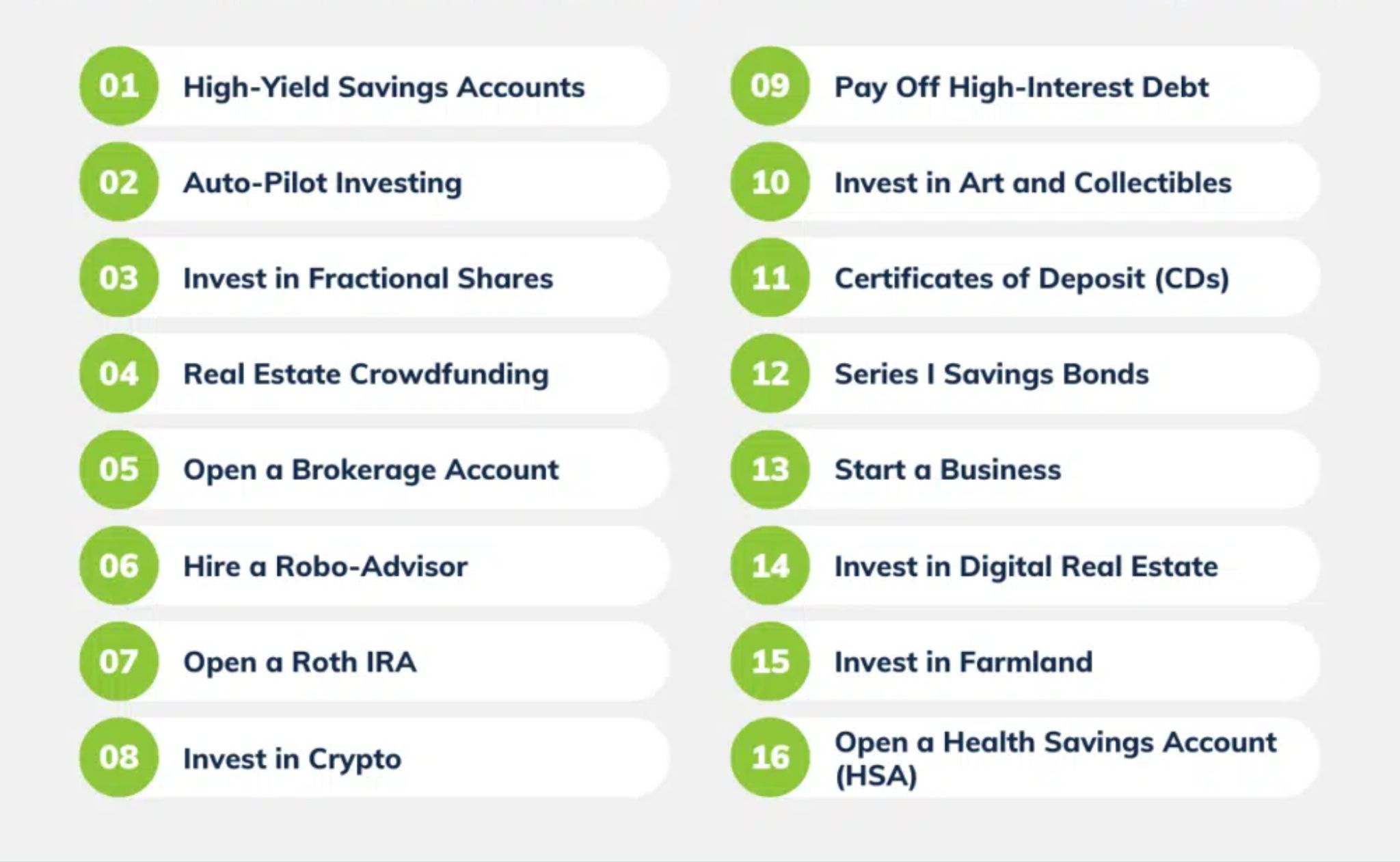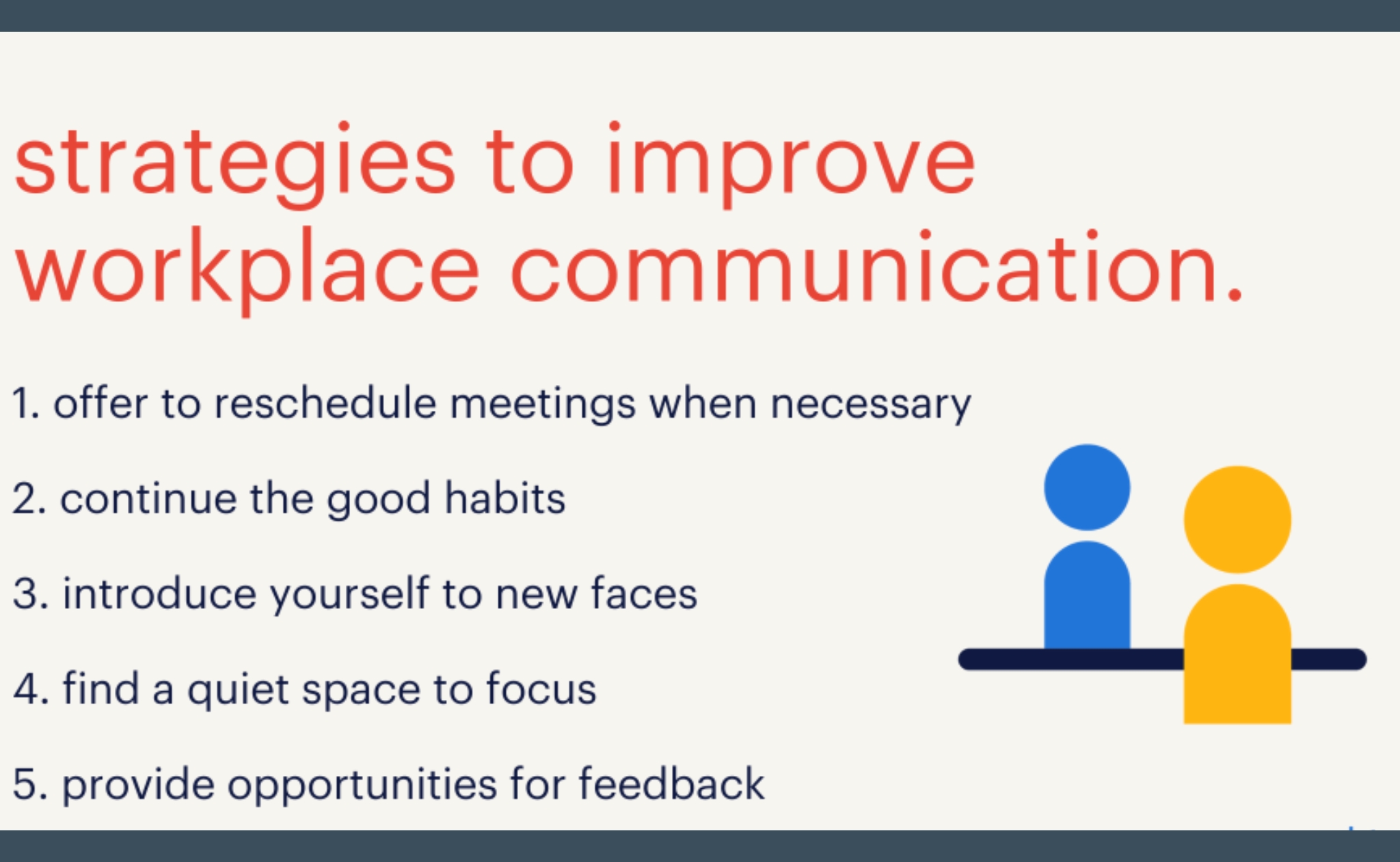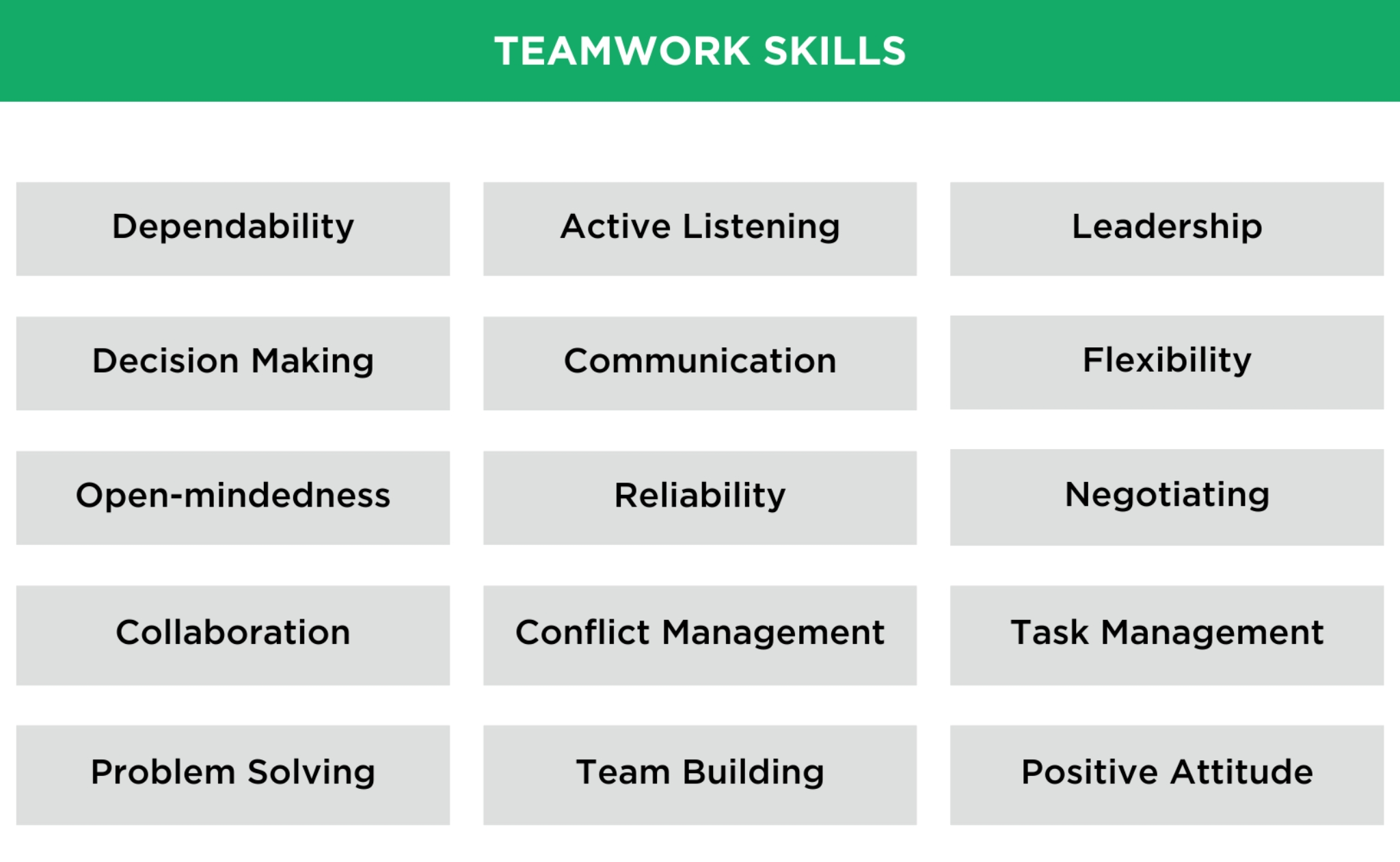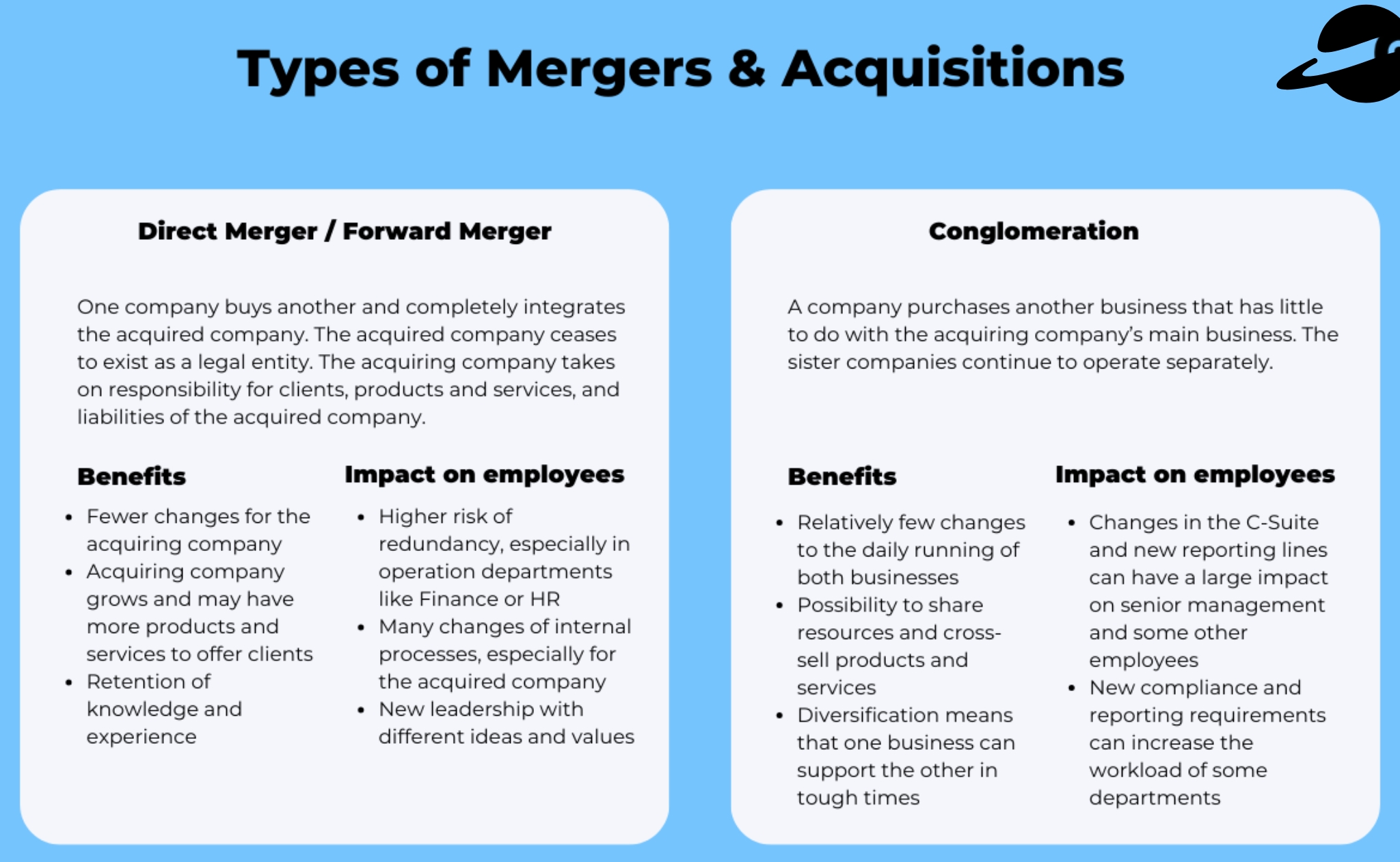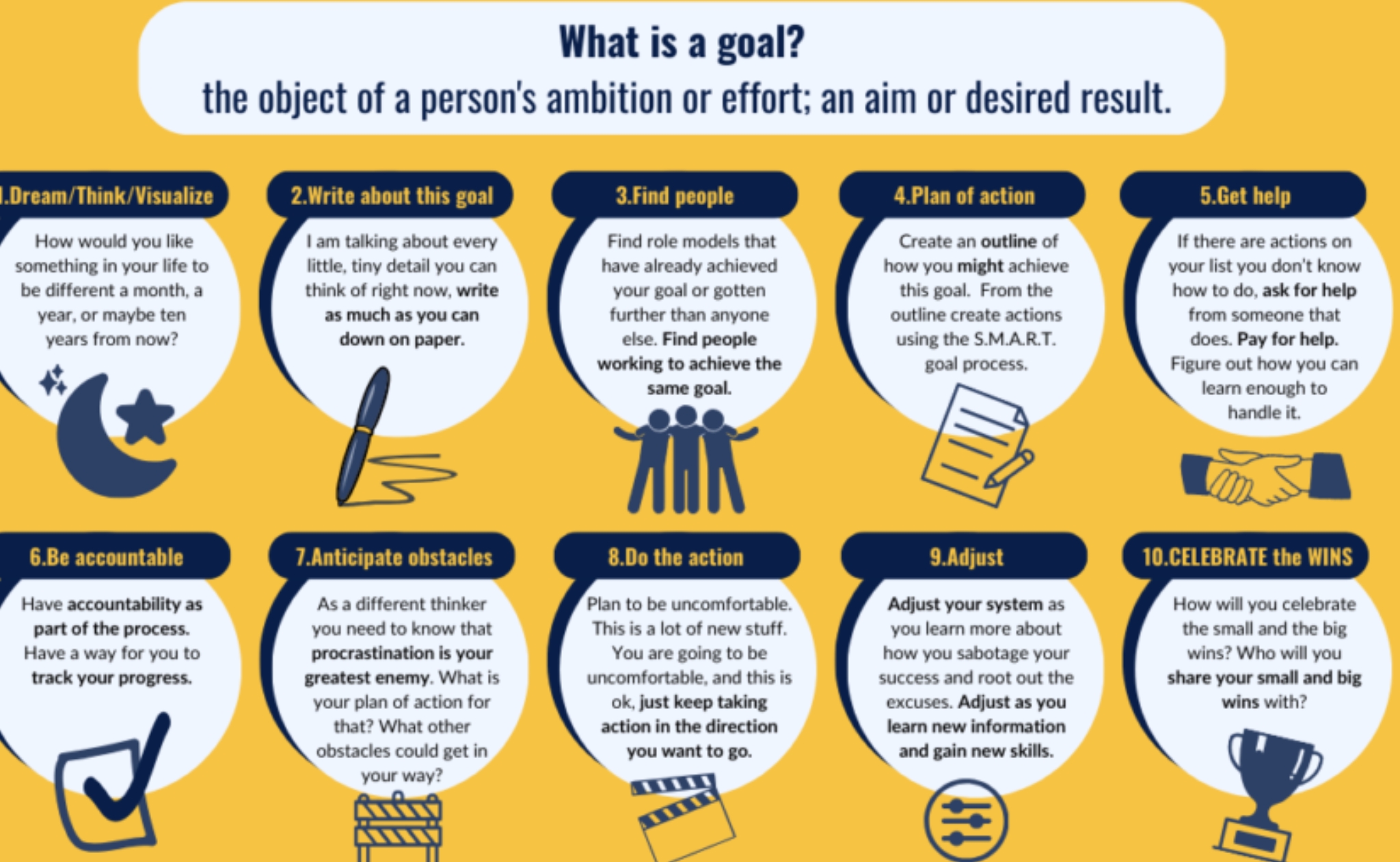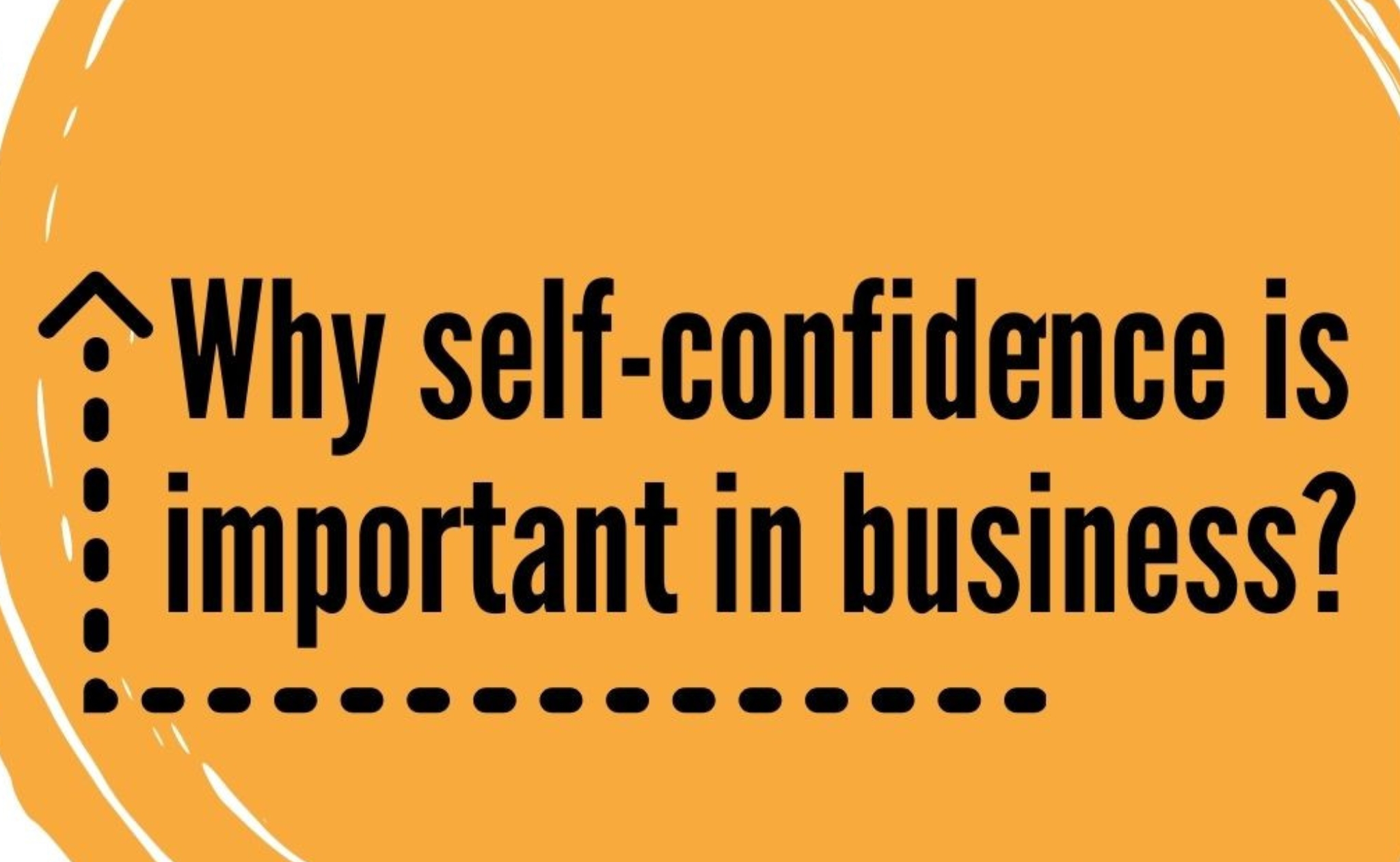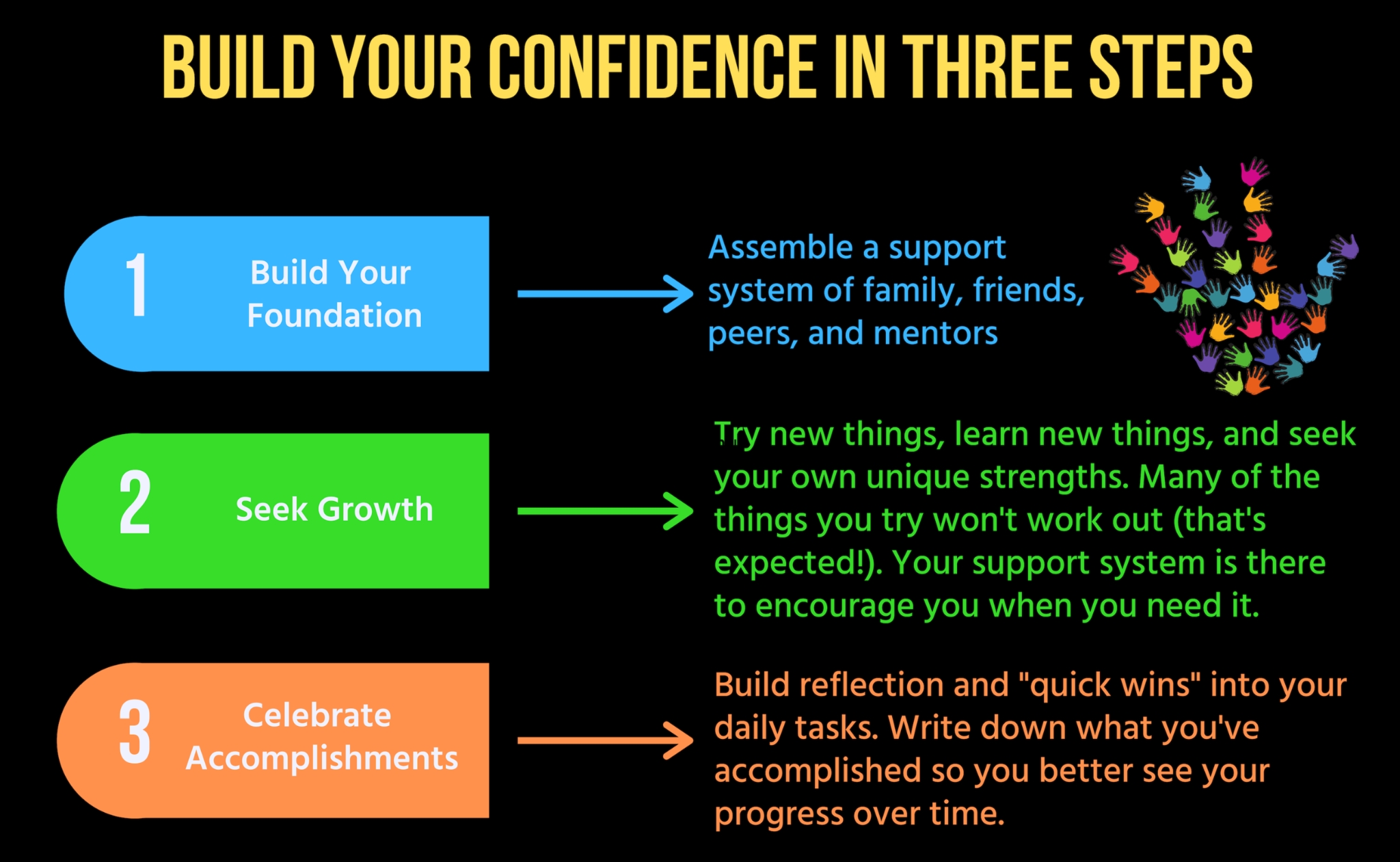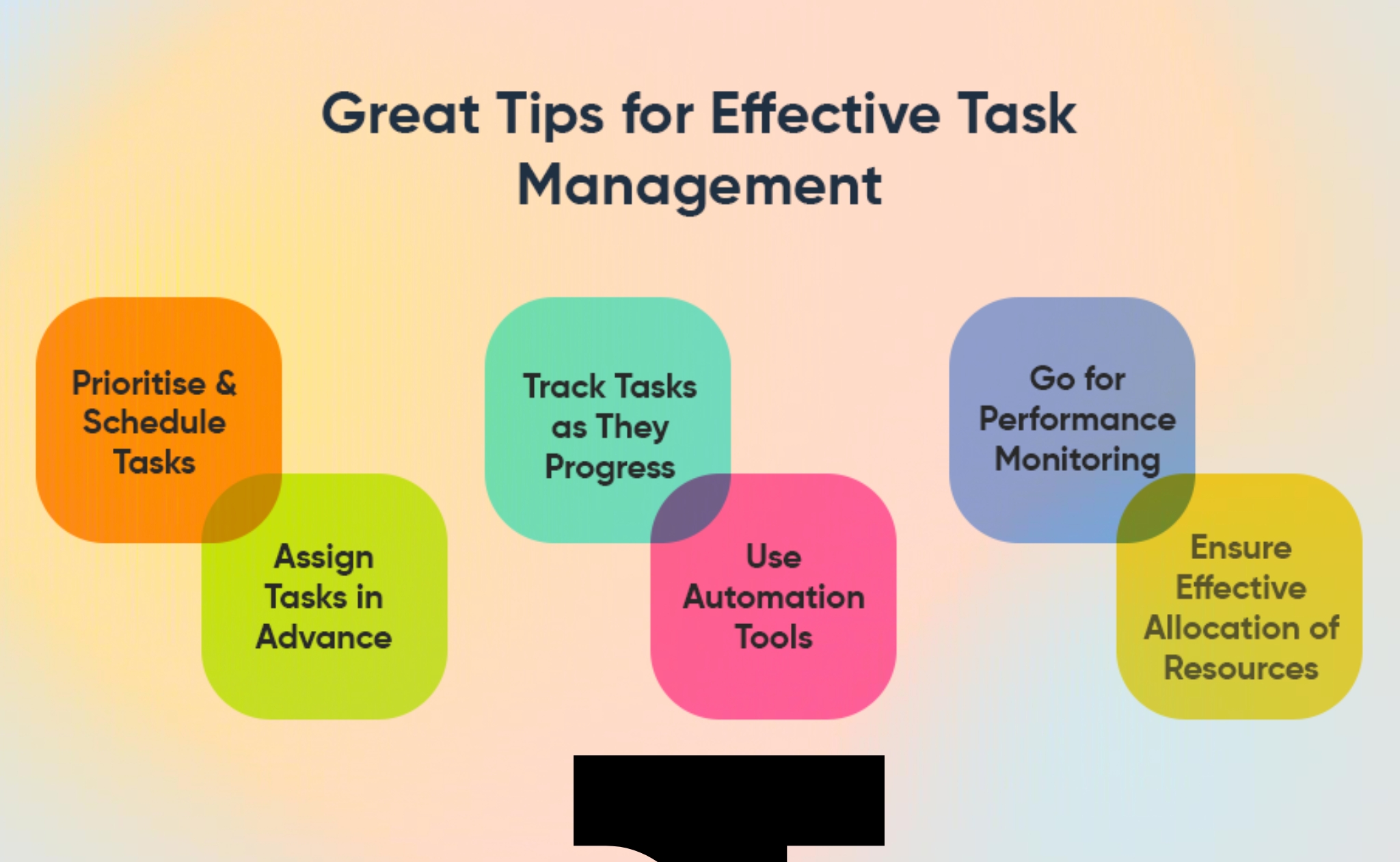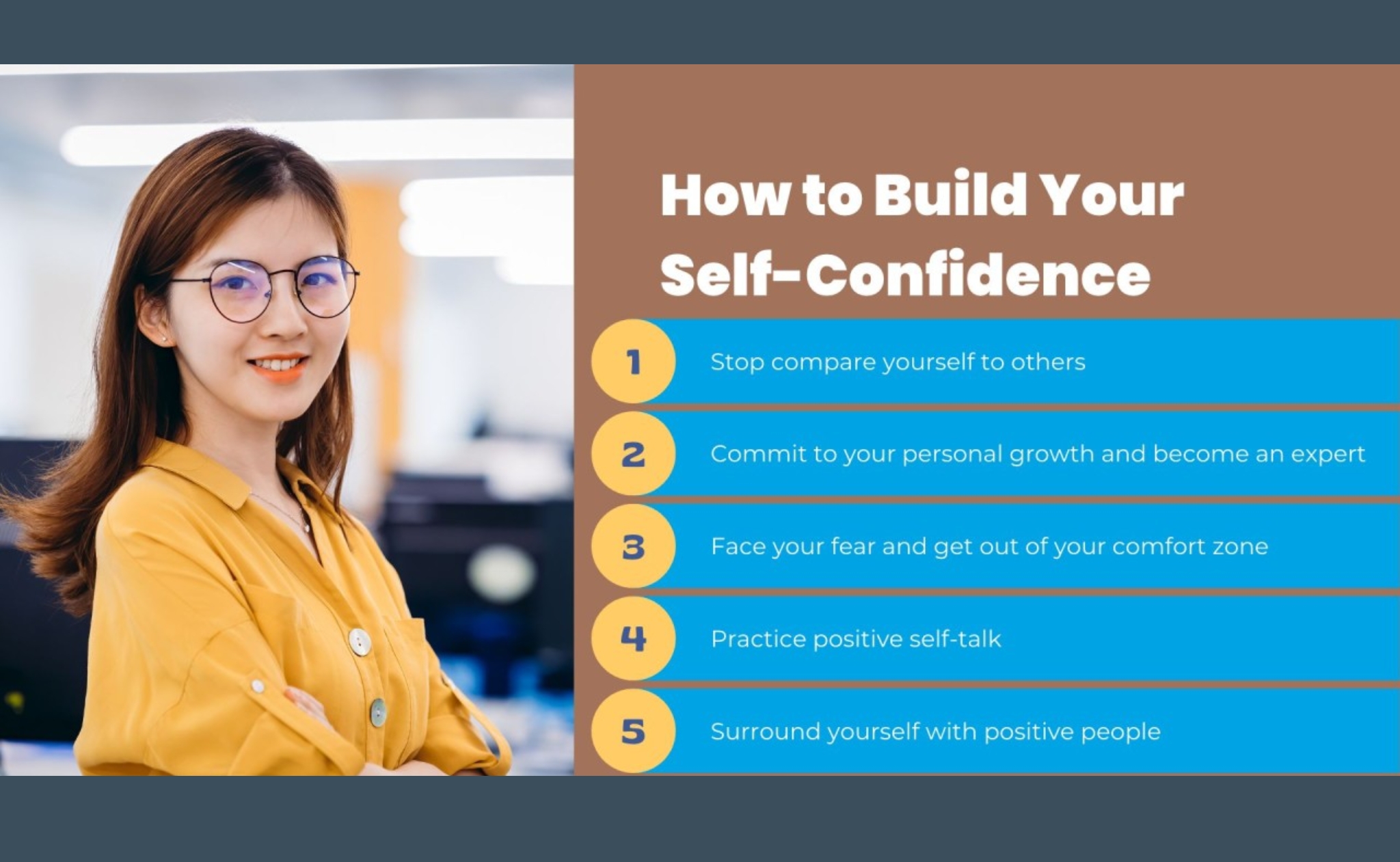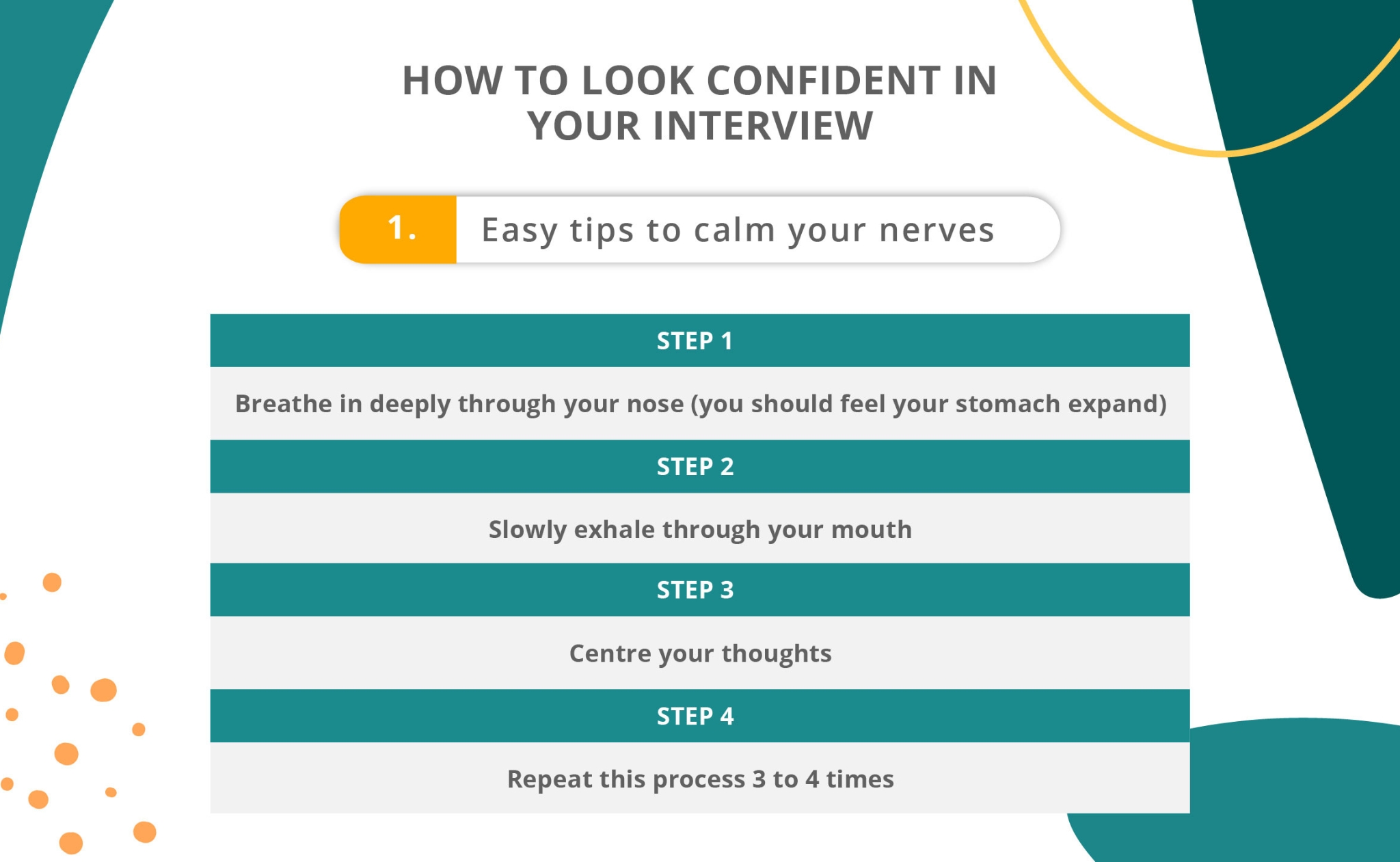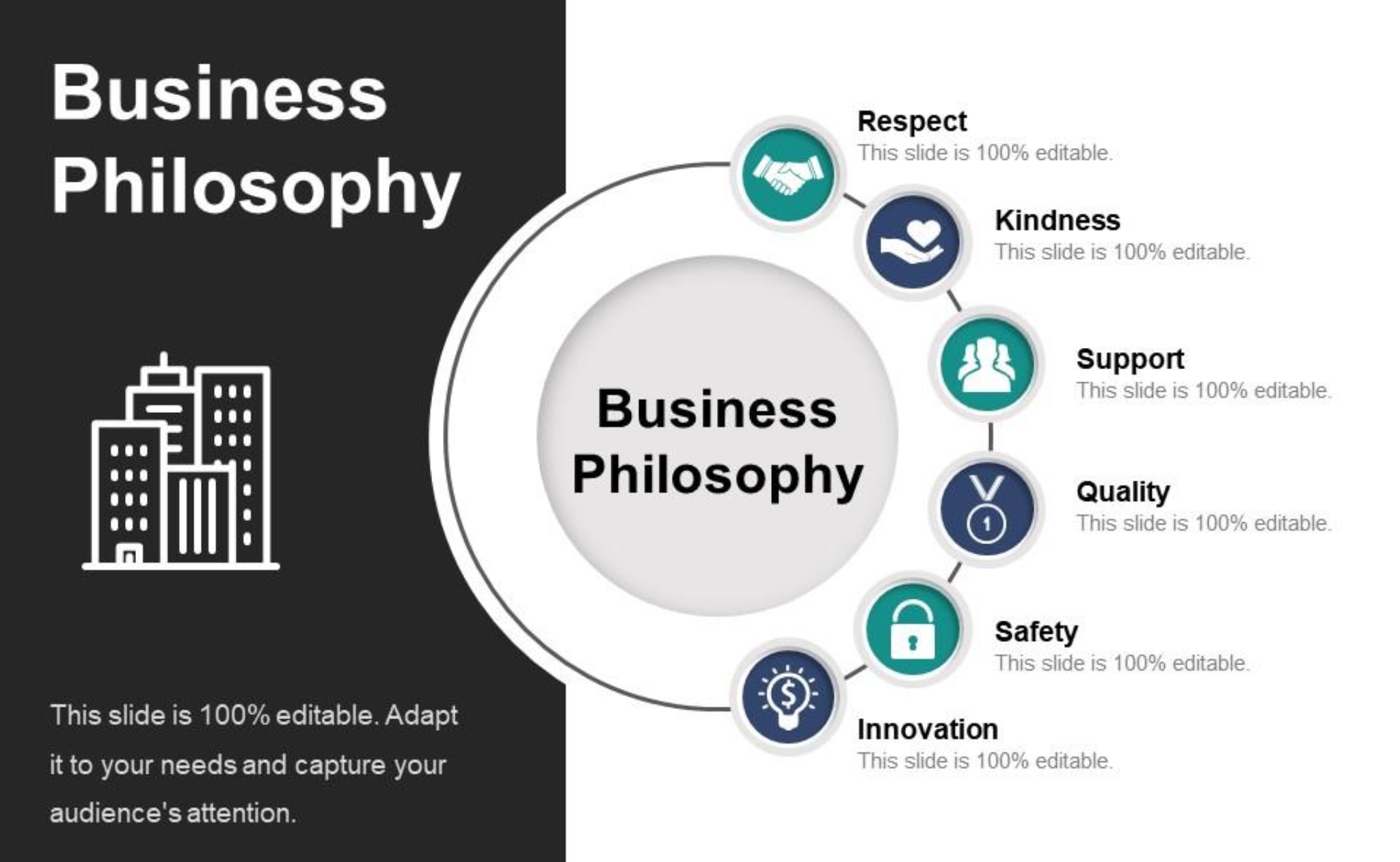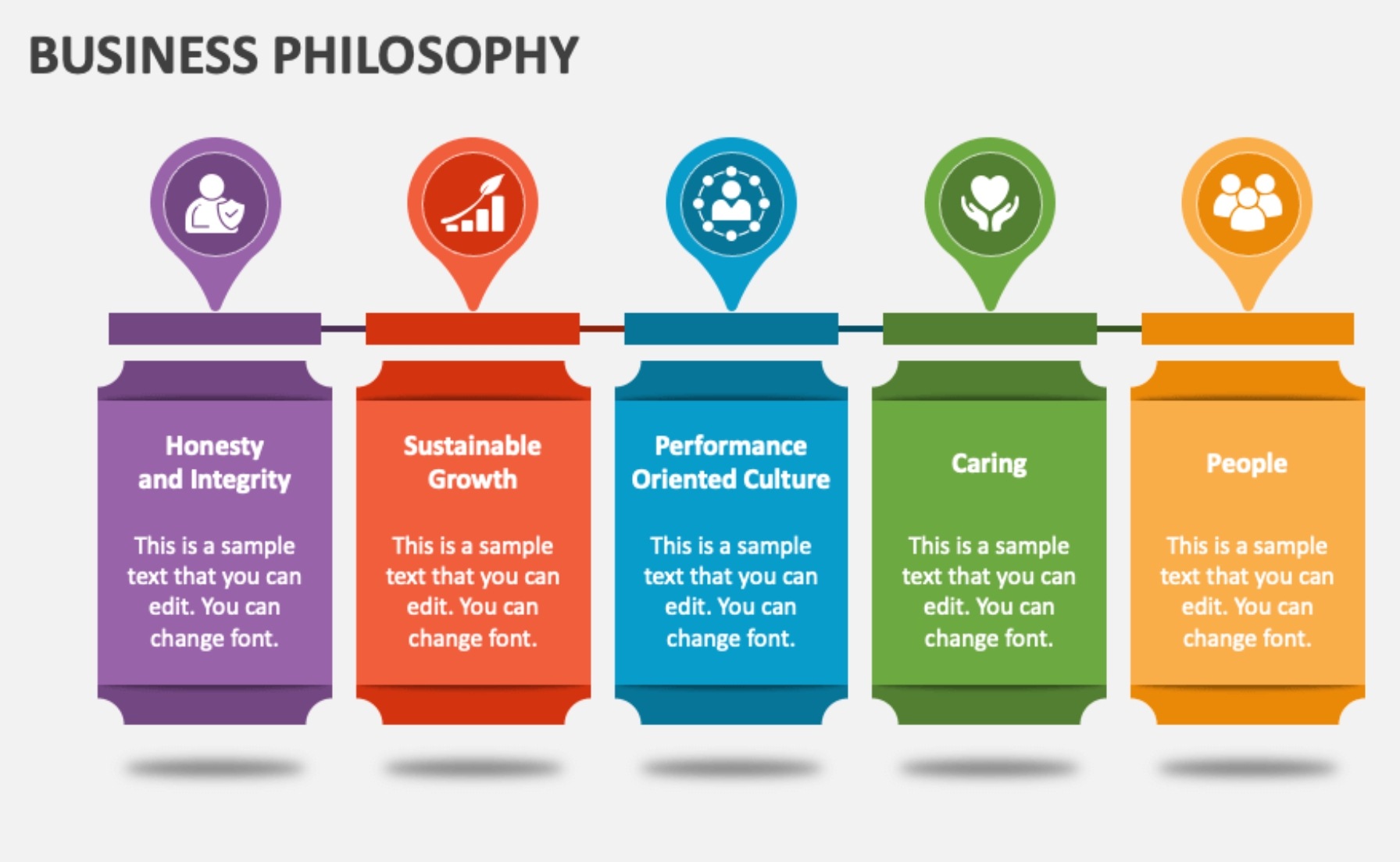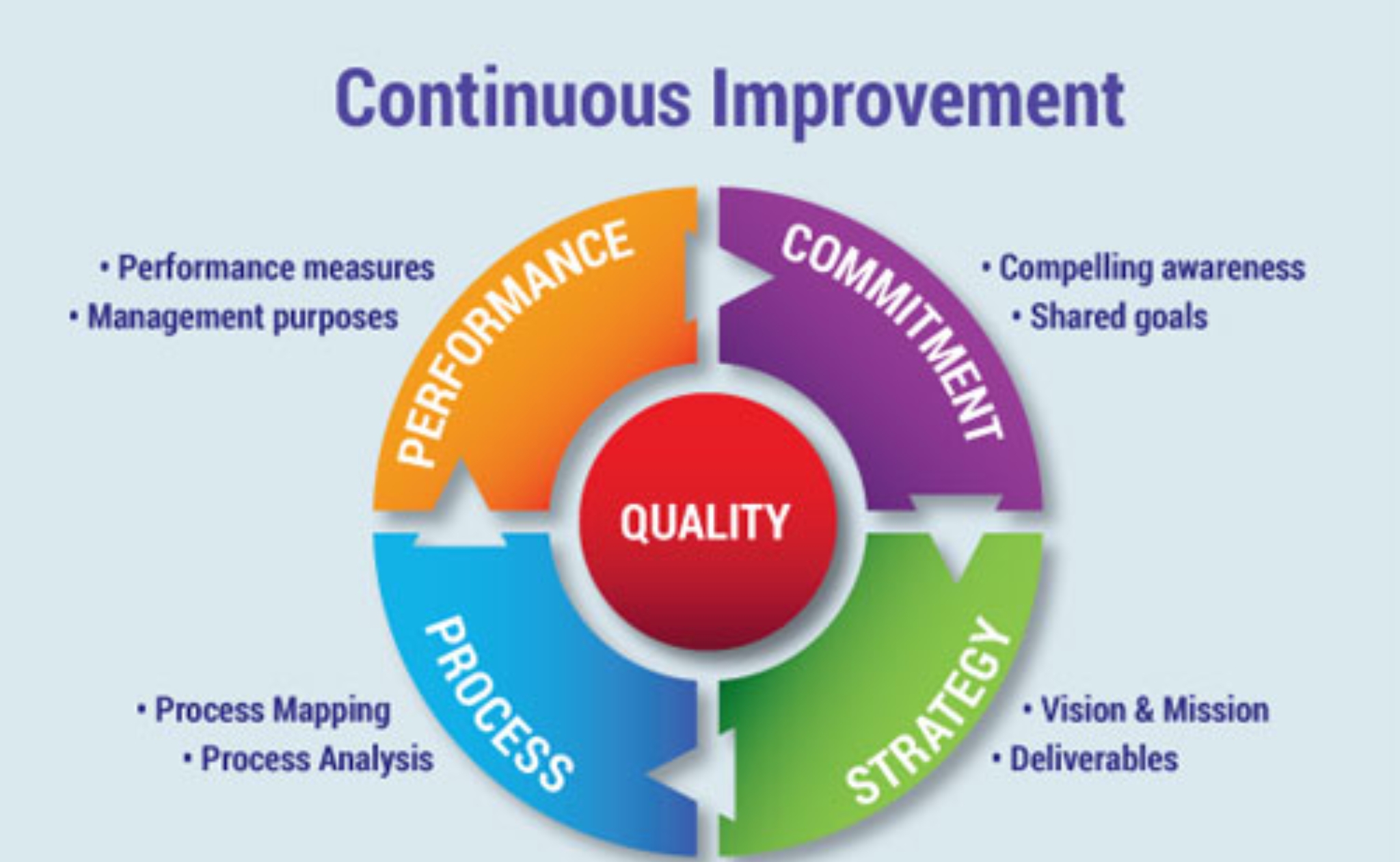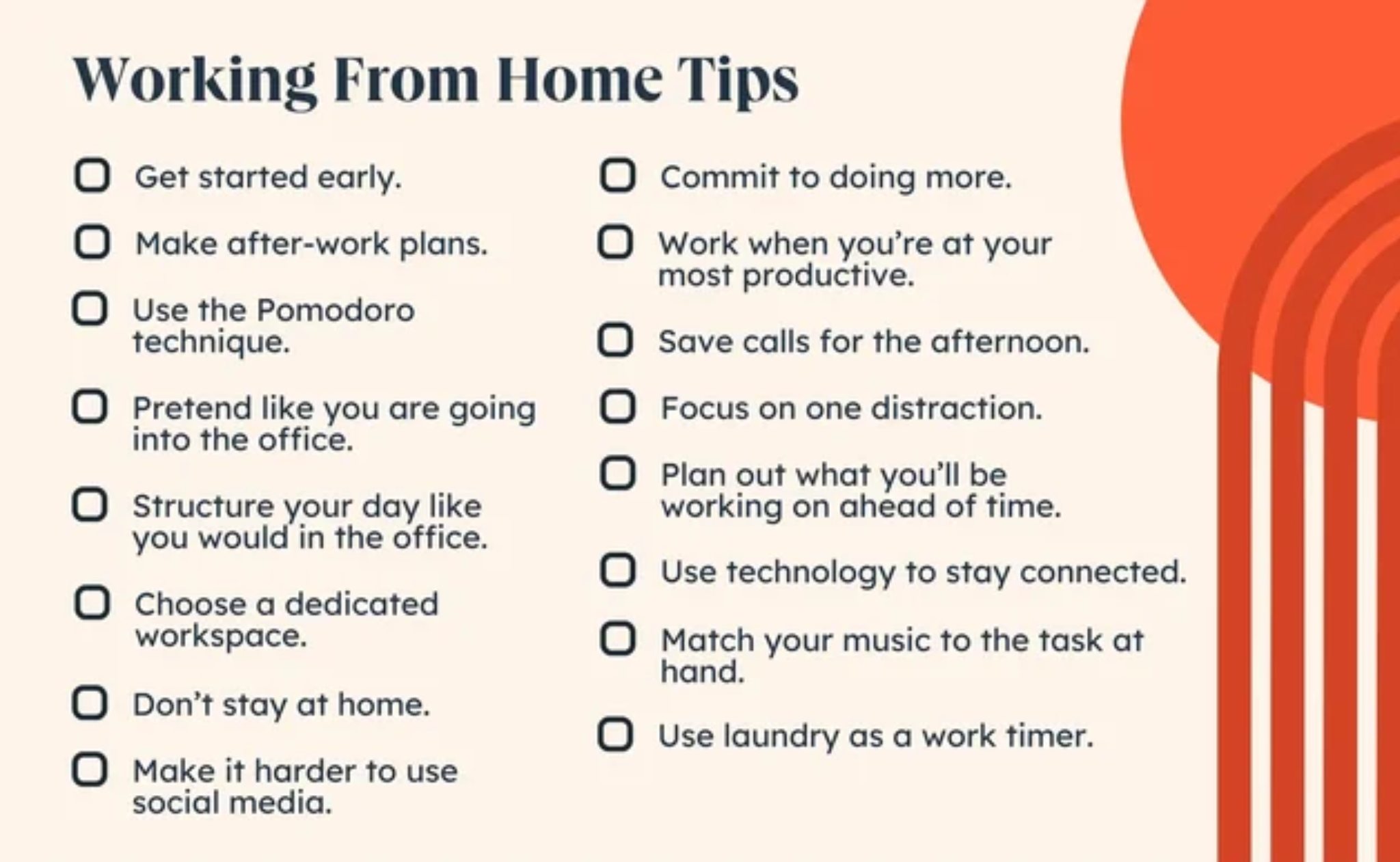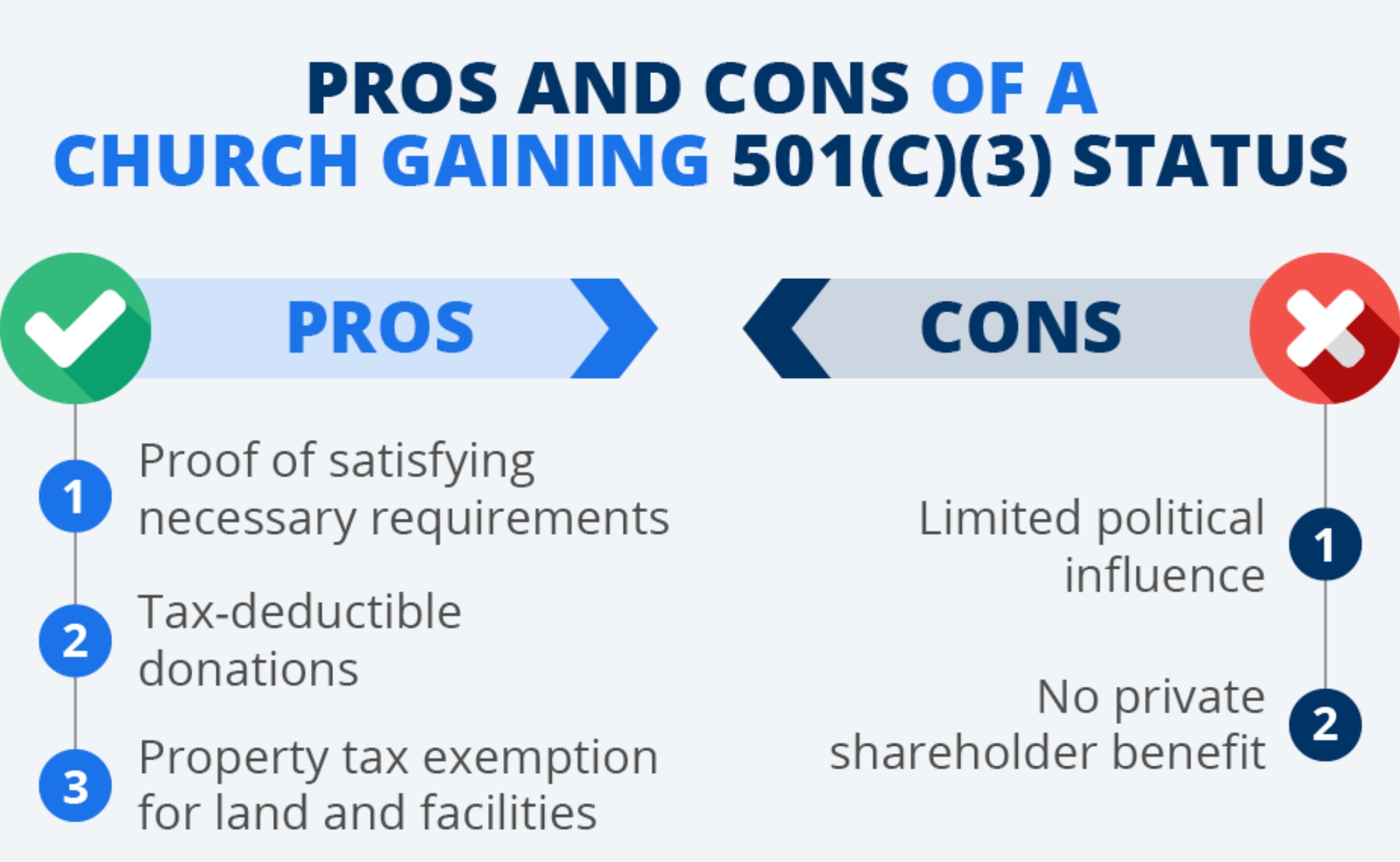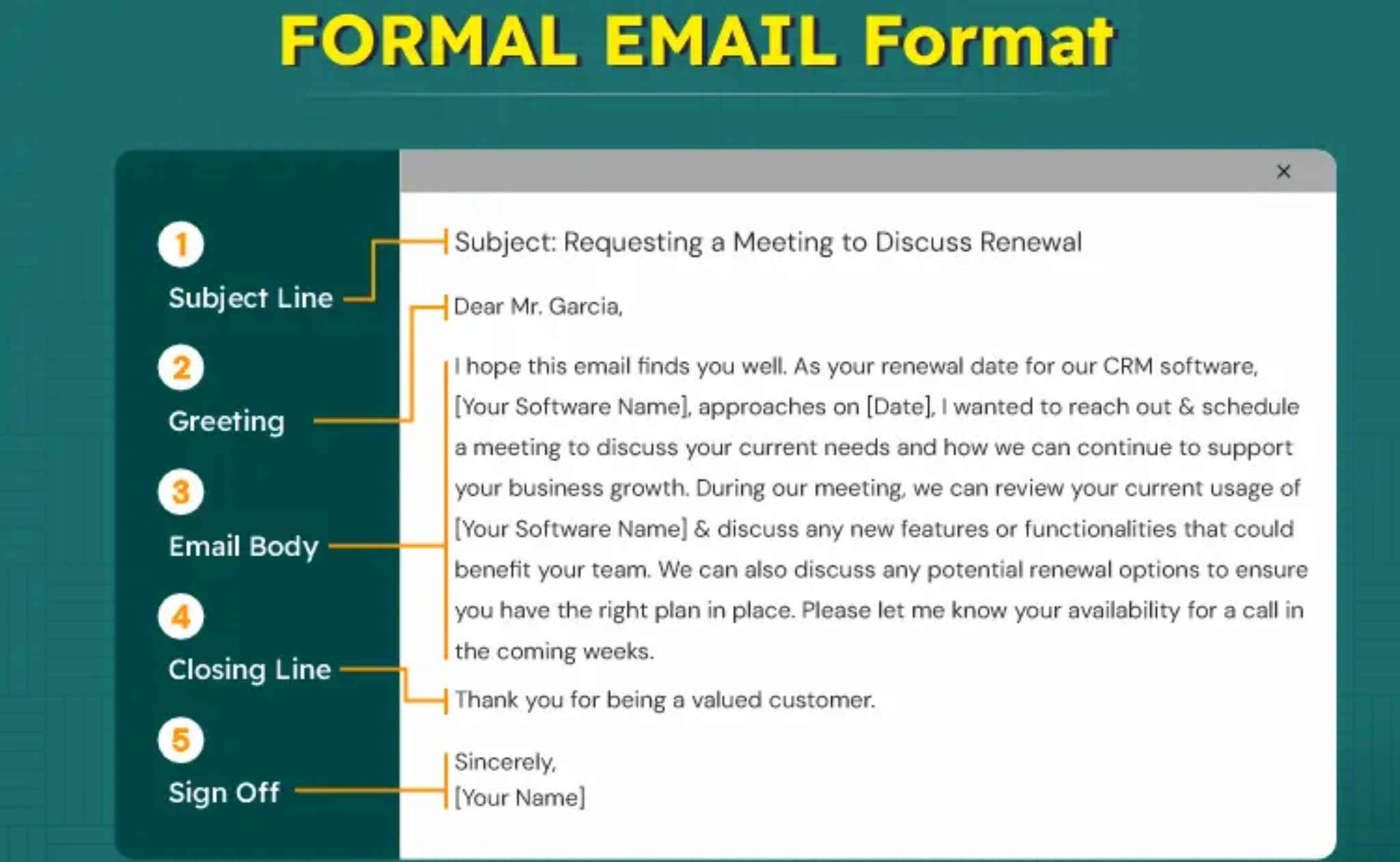A leader inspires others to do their best and works to realize the goals of their organization.
In many ways, their success depends on the leadership of those who work for them.
However, they are still just as capable of failure as their employees, and if they do not have the confidence to lead, they may be stymied from leading, rather than enabled.
Confidence is critical to leadership, but it is not without its risks
Someone who is lacking in confidence may suffer from an inferiority complex, fear of looking incompetent, and/or fear of losing control.
As humans, we are social animals who like to be liked. And while we might like to think of ourselves as independent, we are often not.
We love approval. One of the best ways to cultivate self-confidence in a leader is through a willingness to learn from those around them.
Whether you’re looking to increase your leadership skills, or you are the leader looking to improve your skills, taking a look around and taking the time to engage with others can help build your confidence and leadership.
Take time to learn from others. Take time to teach others. You will learn much more about your leadership style from your actions and their actions than you could have possibly learned from lectures or books.
You’ll be amazed at what you’ll discover.
As a leader, you’ll also be surprised at how much more productive your team will be if you spend some time building their confidence as well.
You can see the positive impact it has on people’s motivation and creativity.
How does a leader develop confidence?
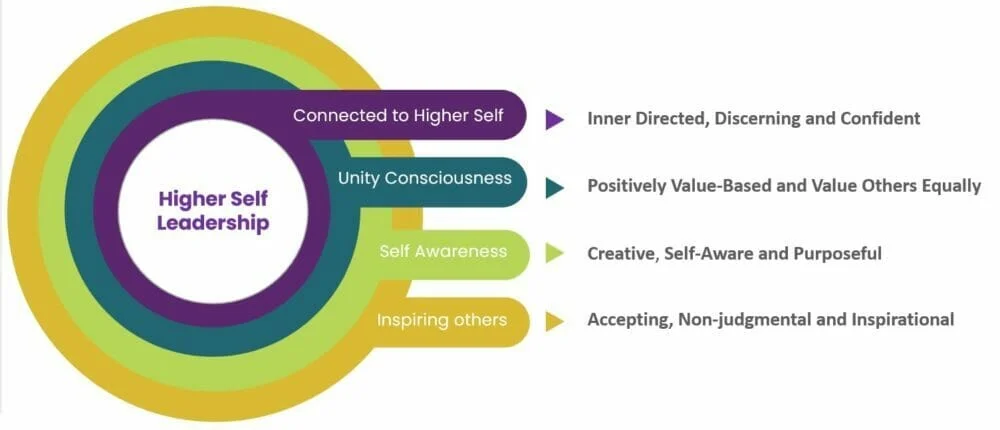
Confidence in the leader stems from their vision, and how they use their self-confidence to take others with them.
Most leaders become convinced that they are capable of making a great impact, and then go ahead and attempt it.
The key is that they understand that they’re creating a vision that others want to be a part of. That is a natural confidence booster.
Another piece of confidence-building is developing a “can-do” attitude.
Here, you take responsibility for accomplishing a goal, however big or small, that is in your scope of work, and you figure out how you can do it.
In the area of mental toughness, look for opportunities to stand up for your vision.
Whether that means communicating it to others, suggesting an alternative, or initiating a change in a current process, in the end, you’ll be building confidence in your abilities as a leader.
You must believe in yourself. When you believe in your ideas and opinions, that helps others take notice as well.
No matter what, in the end, it comes down to your ability to get your vision across to others. When you’re first starting, you’ll get less feedback from your team.
But once you build confidence in your leadership, it will help bring you greater confidence in your ability to lead others.
I know how much you’ve been waiting for. Why do we even need confidence in a leader?
Improving confidence in your leadership

Confidence in a leader provides not just the desire to lead, but the ability to get results.
You’re in charge of something important and you need to make the best decisions possible.
How are you going to do that? The best way to do that is to build confidence in your leadership abilities.
Here are some steps you can take to improve your leadership.
1. Be a self-evaluator
It’s no longer a secret that we humans are terrible at assessing our own talents.
While we try to improve in other areas (education, physical health, relationships, etc.), we’re often too busy to spend time reviewing our own skills.
I have found that the best way to do that is to “Do it for a week” and evaluate your leadership skills consistently.
If you’re unsure of your own skills, this is a great way to start. As you learn, you’ll naturally notice how you are improving.
2. Don’t let criticism or input from others get you down
This one can be tricky. When you’re a leader, people will tell you that you can do better. That’s a good thing!
Being given constructive criticism is a good thing. If you listen to people, you’ll find that even your harshest critics will end up realizing that you’re a good leader.
The key here is to not let it get you down. If you let it, they’ll have won.
The better approach is to look at it as constructive criticism, then take action on the information given.
3. Start small
If you take on a large project, you run the risk of burning out.
But if you start by starting with smaller goals, you’ll develop confidence as you complete smaller goals, and before you know it you’ll be working on a large, successful project.
A small project is an opportunity to make a mark. You can make a difference in your world, and that’s an opportunity you can’t afford to pass up.
4. Share your vision
One of the easiest ways to build confidence is to put a human face on what you’re building.
A great way to get that done is to share your vision with others.
Don’t keep your big picture plans to yourself! Share your vision with everyone in the organization and let them help you build it into something real.
That will help you build confidence in your leadership abilities and allow people to see that you really are in charge of the company.
5. Speak positively about yourself
Everyone wants to believe that the way they are viewed is how they really are.
But when your subordinates watch you and listen to what you say, they can see the real you.
They’ll be able to determine if your speeches are genuine and what you really believe in.
If you project confidence, you’ll project it to others.
6. Ask for advice
You probably want to be seen as a leader, so it may seem a bit weird to ask for help.
But to lead effectively, you need to learn from your subordinates and others in the industry.
If you can’t effectively work with others to achieve your goals, then you may not be the leader you think you are.
By asking for advice, you’re showing confidence in your abilities. And that leads to confidence in your leadership skills.
7. Be the final judge
Once you’ve learned a few skills, the last thing you should do is to pass judgment on your own performance.
If you do that, you’re projecting an image of your leadership style to others that you don’t necessarily believe in.



































































